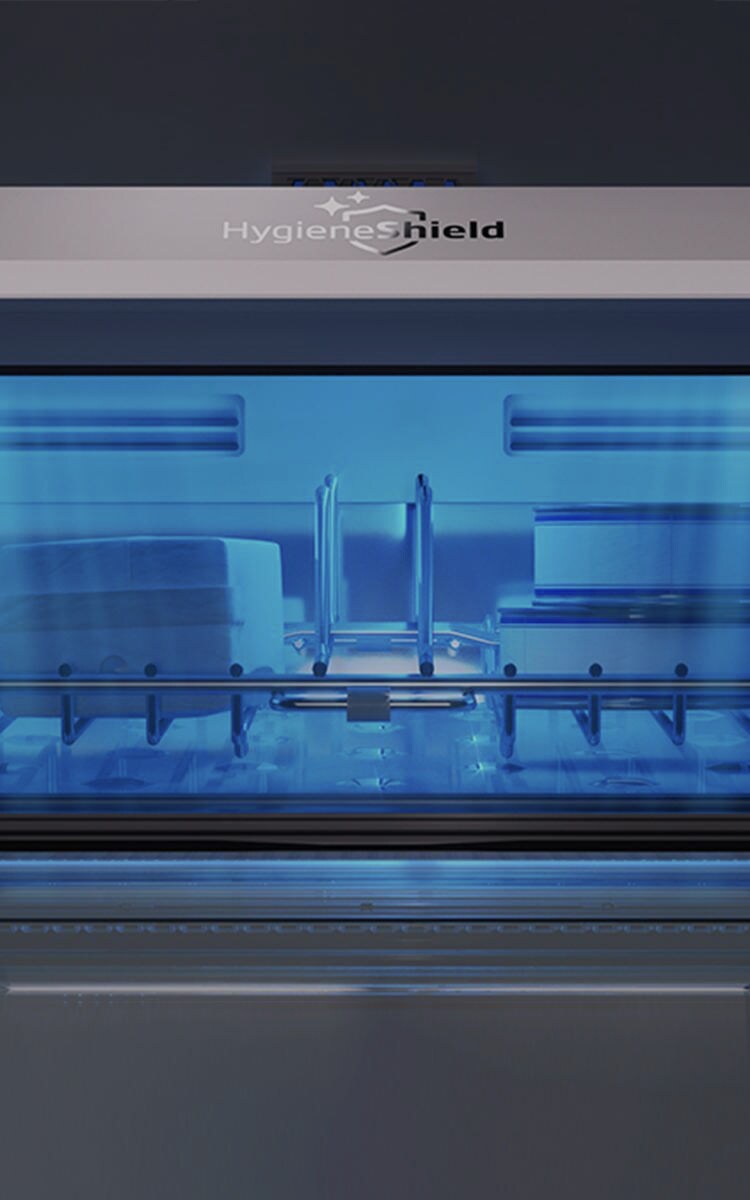It is a fact that we get sick more often in the winter. But have you ever wondered why this happens? Basically, bacteria and viruses find suitable environments where they can move during the winter. And this causes us to get sick more.
Scientists have not been able to give a definite answer to this question. However, they created some theories by examining our changing behaviours and immune system with winter.
Scientists have not been able to give a definite answer to the “Why Do People Get Sick in Winter?” question. However, they have created some theories by examining our changing behaviours and immune system with winter.
From the London School of Hygiene and Tropical Diseases, Dr Rachel Lowe underlines that it is certain that viruses are more common in the winter and states that "we do not know whether the reason for this is due to weather conditions or human behaviour."
We get sick more because we stay indoors.
According to the first of these theories, people spend more time indoors to protect themselves from the cold air in winter. At the same time, people breathe each other's breath more because the windows are also closed.
Another explanation is that the cold and dry air in winter weakens our immune system and makes us more susceptible to viruses.
In addition, cold weather slows down the activity of cells and the response of our body to external attacks. This allows viruses to attack human cells.
And finally, the lack of vitamin D, which strengthens the immune system, is thought to play a role, but there is no scientific evidence on this subject.
Cold weather affects the respiratory system.
When cold air enters the nose, it is naturally heated by the mucosa membranes. Unfortunately, this heat causes the mucosa to dry out. And as a result, dried nasal mucosa provides less protection against viruses.
Another effect of cold and dry air is that the released viruses stay in the air longer. In other words, viruses spread from sick people stay longer in dry air, significantly increasing the risk of spread.
Cold weather makes viruses and bacteria more resistant.
Let's not forget that viruses and bacteria are particularly resistant to cold. In addition, the decrease in air temperature and humidity makes it easier for viruses to survive and multiply.
Also, with the effect of cold air, the oil layer surrounding the virus and bacteria solidifies, making it more protected. Fortunately, most viruses and bacteria can kill by ultraviolet rays.
Speaking of ultraviolet rays, we would like to mention one more thing.
You can also protect yourself from bacteria and viruses in your kitchen. UV light technology in our Beko HygieneShield™ Refrigerator provides the power to purify with sun rays and kills 99.9 % of bacteria and viruses*. Its Hygienic Zone area sanitizes all surfaces of packaged food inside the compartment without affecting food quality.
*Killing;Escherichia coli, Staphylococcus aureus, Human coronavirus 229E
In summary, the drying of the cells in the airways of people in cold and dry weather, inadequate ventilation, the fact that people stay mostly indoors, weakening of the immune system are known as the factors in the increase of influenza infections in the winter season.
What is the benefit of the Beko HygieneShield Refrigerator?
Beko HygieneShield™ Refrigerator provides UV light technology. Its Hygienic Zone area sanitizes the food you love and kills 99.9 % of bacteria and viruses*
*Killing;Escherichia coli, Staphylococcus aureus, Human coronavirus 229E
How do we protect our health in winter?
- Wash your hands frequently.
- Maintain a healthy and balanced diet.
- Take vitamin supplements.
- Increase fluid intake.





